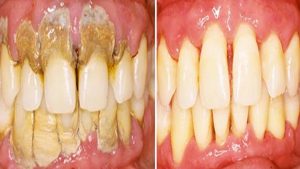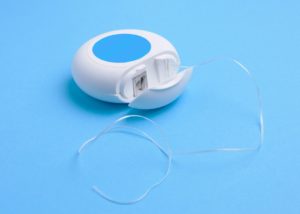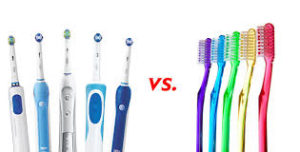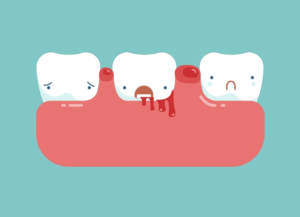It is well-known that your oral health affects your overall health but did you know that dental health has correlations to heart disease, Alzheimer’s Disease, and diabetes? In this series of blog posts, we’ll be delving into how oral health is linked to such extreme health conditions and what you can do about it.

In the last blog post, we found that the research suggests that there is a correlation between periodontitis and coronary disease. Although good dental health does not prevent a heart attack or stroke, chronic gum disease is associated with an increased risk of developing heart disease or experiencing a stroke. Therefore, it is highly recommended you look after your dental health (especially if you are already at risk).
How to Identify Periodontal Disease
The symptoms associated with periodontitis include:
- Red, swollen, tender and/or bleeding gums
- Receding gums or gums that pull away from your teeth (leading to loose teeth)
- Separation of teeth (where some of your teeth move away from other teeth)
- Pus being excreted from the gums
- Halitosis (bad breath) or a persistent bad taste in your mouth
- Change in occlusion (how your teeth fit together when you bite down)

If you suspect you are suffering from periodontal disease, visit your local dentist who will properly diagnose your condition and recommend the appropriate treatment.
Preventative Measures
If you’re suspicious that you’re heading down the road of periodontitis, what can you do to prevent it from worsening?

Firstly, brush and floss daily. It’s the anthem of dentists across the globe. Brushing your teeth once in the morning and once at night, as well as flossing at least once before you go to bed, is a sure-fire way to keep your oral health in check. Make sure you brush your teeth with a soft-bristled toothbrush, as a medium- or hard-bristled toothbrush will worsen your gum recession.

Secondly, change your manual toothbrush or electric toothbrush head every three months (or when the bristles get bent out of shape before the three month mark). This may seem inconsequential but your toothbrush collects a lot of bacteria and a damp environment is the perfect breeding ground for bacteria. After three months, it’s not so healthy to put it in your mouth anymore.

And finally, visit your local dentist once every six months for your regular check and clean. Not only will you leave the surgery with sparkling teeth, but if there are any issues, your dentist will be able to diagnose and treat them promptly and you can avoid your condition worsening.

In part 3, we will be looking at how heart disease will impact your dental treatment in the future.
